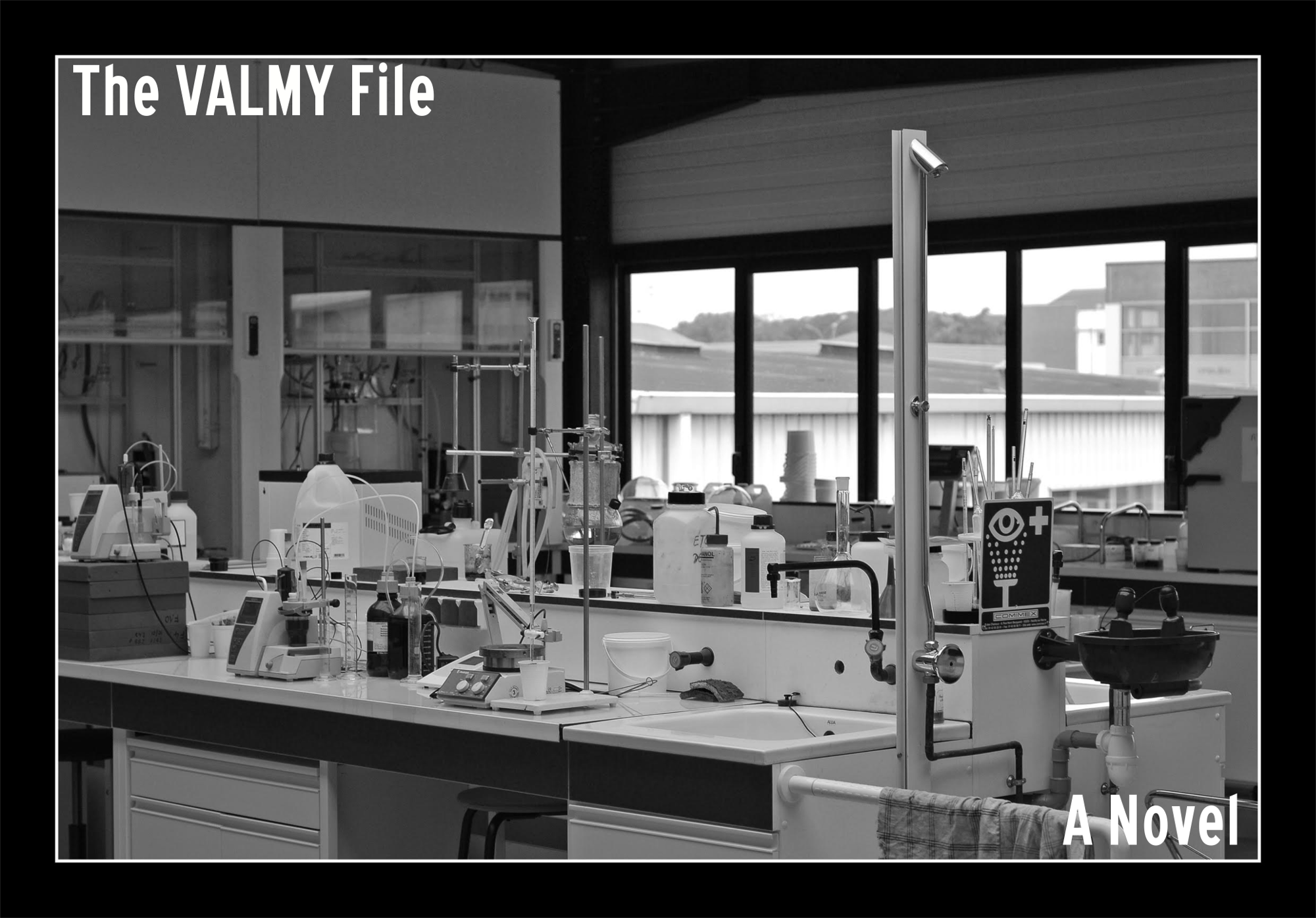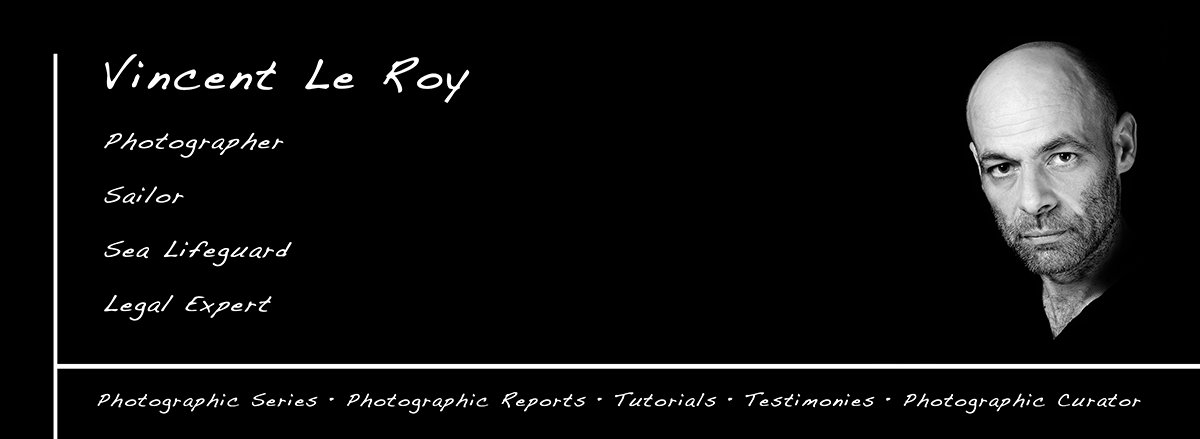This is an authorized translation in English of a post in French by Vincent Le Roy (@vincentleroy): LE DOSSIER VALMY (Thriller) : Chapitre 22
As my primary language is not English, there are probably some mistakes in my translation.
Remember that the person who speaks here is NOT me, Vincent Celier (@vcelier), but Vincent Le Roy (@vincentleroy), a French guy.

Chapter 22: Lethal Weapon
If I go officially to Germany for a hunting party invited by my partner, we have mainly discussions about the new process.
As we finished the first contract, Patrick and I undertook other work. First CPCU with which we have made contact. They are not opposed to new tests but they want the products to be tested first in an independent laboratory. Their manager even told me:
- Your opponents are in the same boat.
Hey, they would have set up a structure? This surprises me greatly but hey, anything is possible.
But more than CPCU we have developed the most important technology of the VALMY era. The thing that everyone is looking for without finding for 20 years. To understand, phenolic resins have two defects. First, they contain free formalin radicals and everyone knows that formalin is not good, and maybe even carcinogenic. The legislator has set a maximum of 1%. And it's not a lot. On the other hand, the less formalin, and the less reactive the resin, the faster it ages. In 4 weeks, at 20 degrees, it becomes concrete. That's what happened in the machine that had not been not rinsed in Poland.
These two problems have long hindered the development of phenolics. But the legislator does not really care about technical problems, public health is a priority and looming by 2008 a new level of 0.1% will need to be achieved.
The three major global resin producers have no solution. Putting the resins at 0.1% free formalin is to reduce the life of the resins by ten or to have totally ineffective resins.
And yet with Patrick, we have found a solution that without additional cost can go below this new limit. The first aging studies show that the shelf life of products could exceed the year, 12 times the current resins and no decrease in reactivity. In other words, the process is worth a lot.
Everything starts from a stupid discussion. To remove the free formalin at the end of resin manufacture, it is adjusted with urea. Urea is cheap but on the other hand, it makes the resin age faster. That's what everyone does. Patrick for a long time wanted to try another product, a real trap with formalin: the consol.
He had even spoken about it in 2005 but the other two had swept away this solution by saying that it cost a fortune. There Patrick is alone and he wants to redo tests. No worries from my point of view.
He explains the principle to me. The consolation is a trinitro methane something something. In short, anything but nice this kind of product, very volatile and in addition it costs a fortune. And that's where I have an idea that will lead to the process.
And if instead of adding the consol at the end of the manufacture, it was added during the reaction, and especially during the distillation phase? We recover the distillate and hop put it back in the resin and continue so on. The waste which still contains consol is recycled until formalin has been exhausted by successive passes. Some dichotomy, so to speak.
Patrick finds the idea great. No sooner said than done. He starts manufacturing two kilos with this new process. While the resin is made, it teaches me to use free formalin qualification instruments and those to measure the viscosity of the resin.
The first result is bluffing. The results are beyond our expectations. The formaldehyde is at 0.005 ... The resin is super liquid, super reactive and we launch an accelerated aging to study this last point.
We even test formulations and formalin emissions during foaming. Nothing. The drager cannot measure such a low rate.
In the mines, it's hot. The resins age quickly and the free formalin that emerges smothers the workers. With our process, all this is settled. The Germans can only want it.
I also informed Archibald of our discovery in late November and I sent him the first results, taking care not to tell him how we did it. He did not tell me I'm buying, but it's as if he did.
In the evening, I arrive at Archibald's house after this long meeting with Kojak. Olga is here too. She's sleeping at Archibald's house too. As a gentleman that I am, I leave the guest room for her and I indicate that I will sleep in the living room. Hunters are foolproof men. We laugh well and drink a few beers.
Olga is happy. She confides to me. At first, Petra and she were scared of us. We were coming on their flower beds. But over time, they learned to appreciate us. Moreover, when I go every week to the laboratory to train the Germans, Petra no longer tidies up the lab. She even tells me about my quantity of cigarettes!
The hunting party is great. It does not look like anything I know, either in individual hunt or big game hunting. It's apart. Archibald wanted to put my sparks in my eyes and to thank me in his own way. All his big customers are there too. But he always puts me in the best places. Olga is never far away and this weekend is pure happiness. On leaving, Archibald makes me listen to a live Dire Straits recording. In his big sedan, the sound is divine. He wishes me a good return and as we appreciate the same music, he hands me a copy of what we just listened to.
What Archibald appreciates about me is honesty, the ability to work outside the box, the ability to resist my opponents. This forces his respect.
Negotiating the next contract under such conditions is pure happiness. Especially when you have in hand a square of aces: the famous process.
Continue to Chapter 23
Introduction
Chapter 1 - Chapter 2 - Chapter 3 - Chapter 4 - Chapter 5 - Chapter 6
Chapter 7 - Chapter 8 - Chapter 9 - Chapter 10 - Chapter 11 - Chapter 12
Chapter 13 - Chapter 14 - Chapter 15 - Chapter 16 - Chapter 17 - Chapter 18
Chapter 19 - Chapter 20 - Chapter 21


